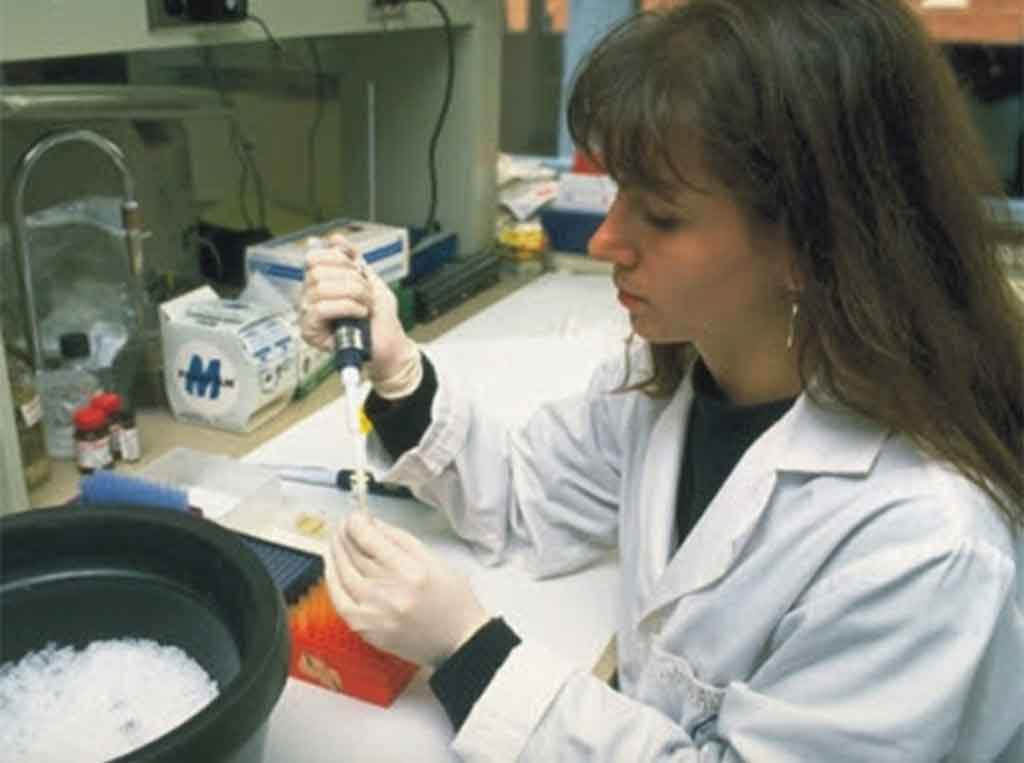The compound JM-20, obtained by the Center for Research and Development of Medicines (Cidem) of Cuba, was granted the registration of a patent in New Zealand for its use in the Parkinson’s disease.
The Biotechnology and Pharmaceutical Industries Group, BioCubaFarma, reported on Facebook that this product can also be used for neuropathic pain and different types of dementia, such as Alzheimer’s disease and dementia of vascular origin.
It is a molecule developed together with the Faculty of Chemistry of the University of Havana, based on an initial hypothesis aimed at the development of a therapeutic candidate for the treatment of cerebral ischemia, but in the advancement of preclinical studies showed potential for the treatment of other neurodegenerative ailments.
JM-20, as a hybrid molecule, is capable of affecting different therapeutic targets related to neuroprotection, a quality that confirms the validity and novelty of a product like this.
This project has a patent registration granted in more than 25 international territories, including the main global pharmaceutical markets such as the United States, Europe, Japan, China, Eurasian countries, Brazil, Korea and Canada. Its registration in New Zealand joins the territories where these results of Cuban science could be commercially exploited.
Cidem is a scientific institution part of BioCubaFarma, dedicated to the research and development of generic medicines and phytopharmaceuticals, complying with the quality standards established nationally and internationally.


